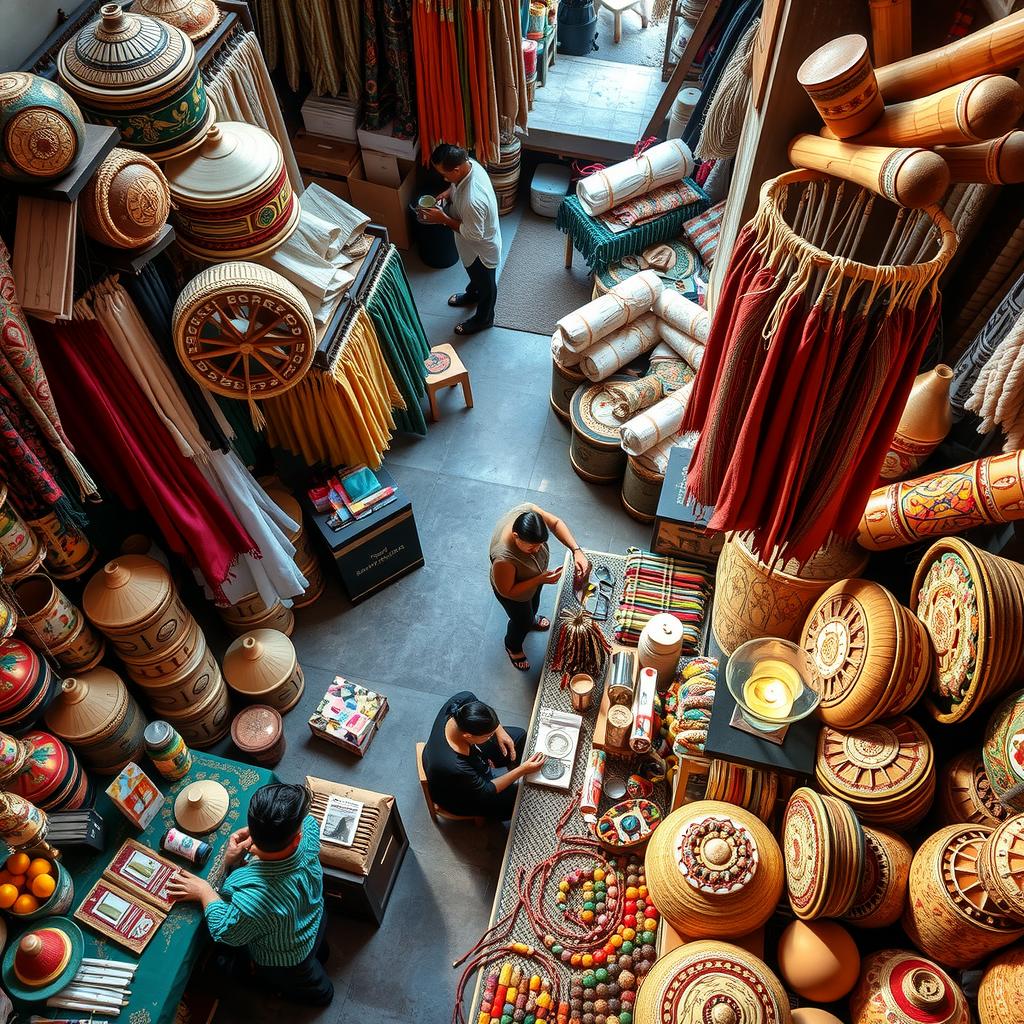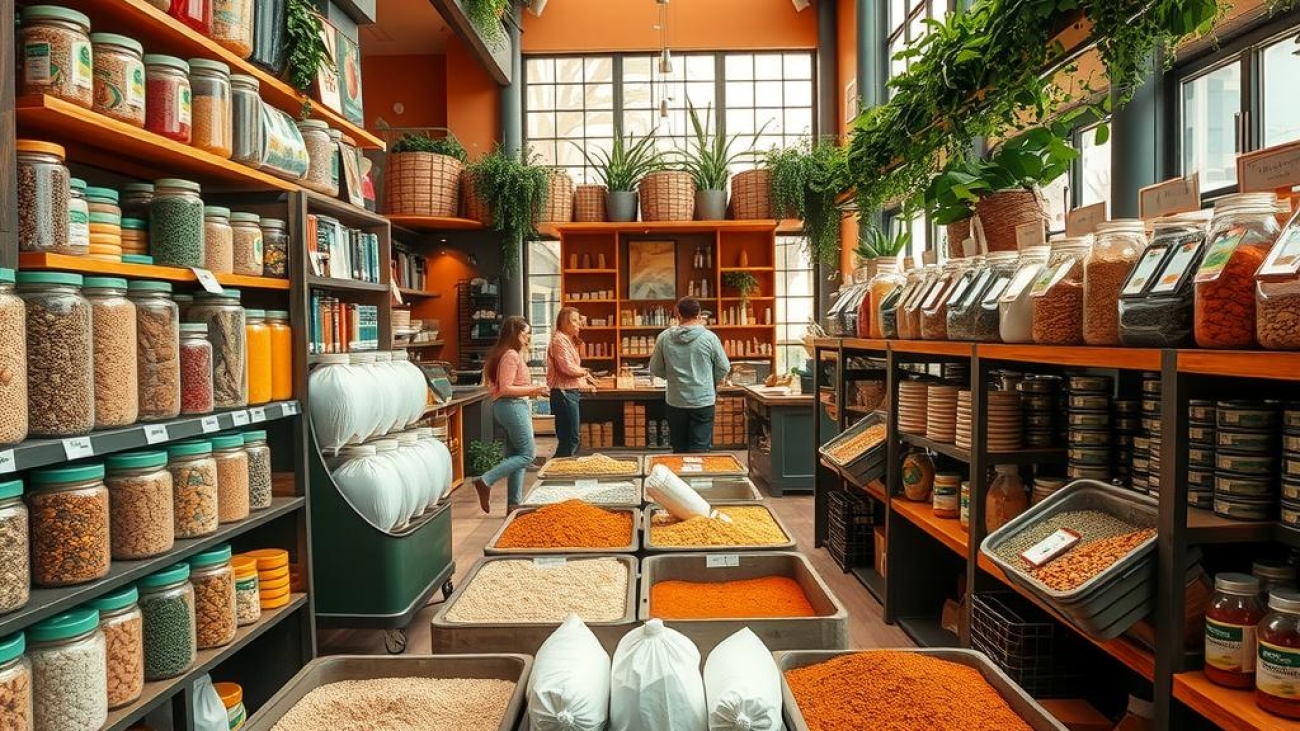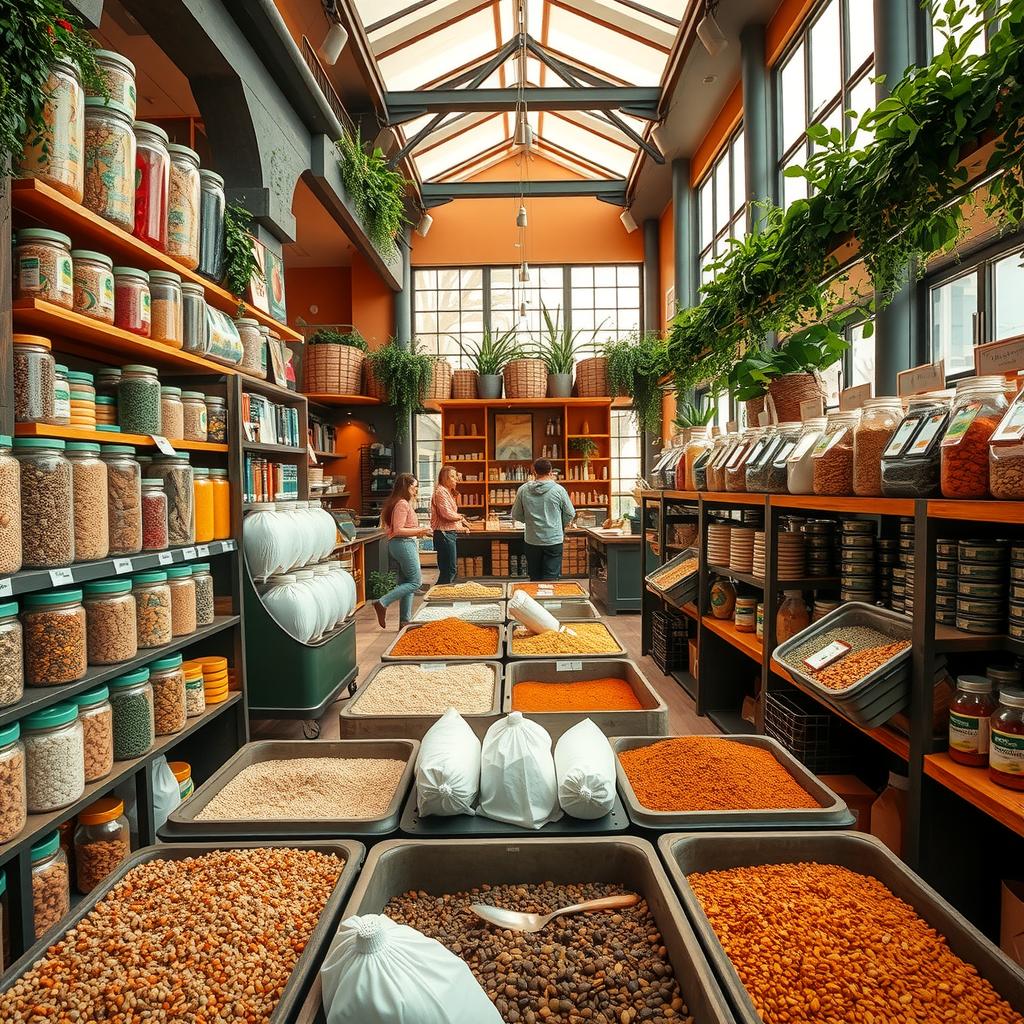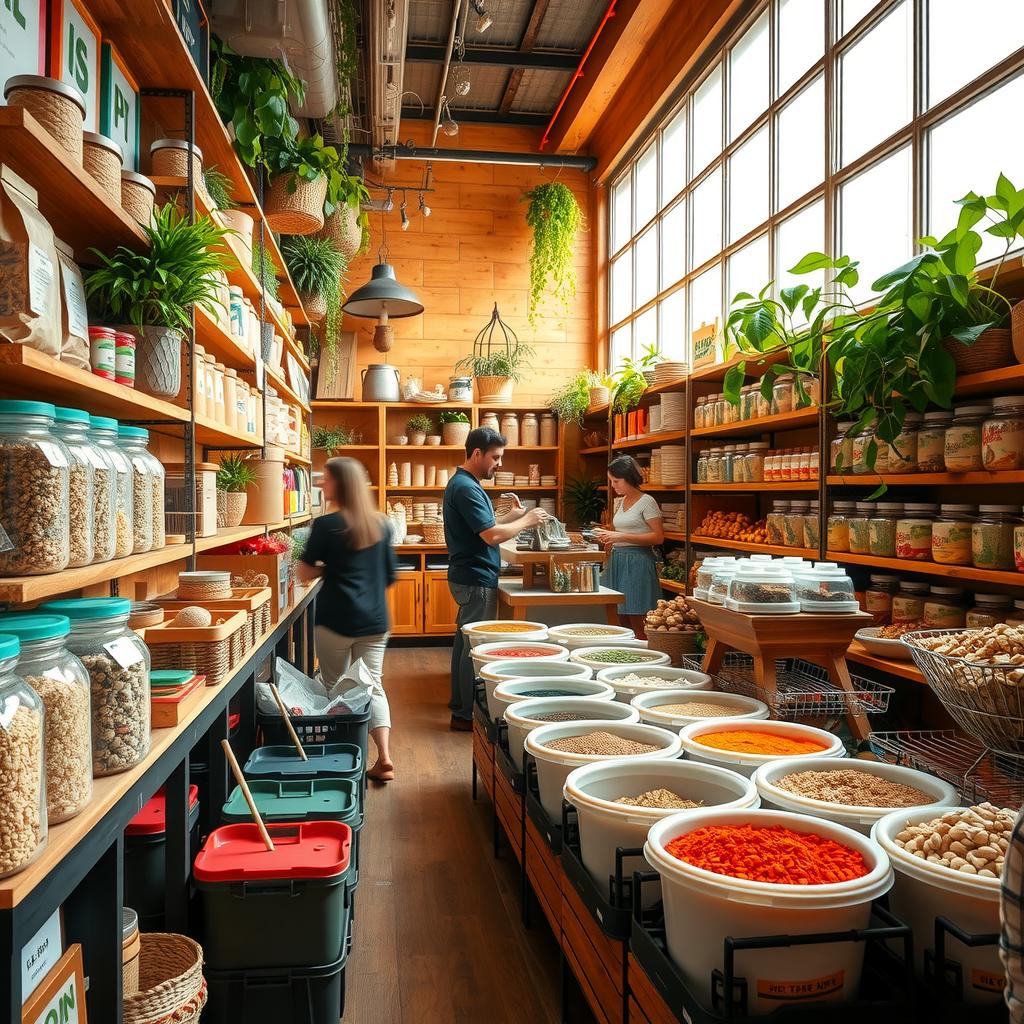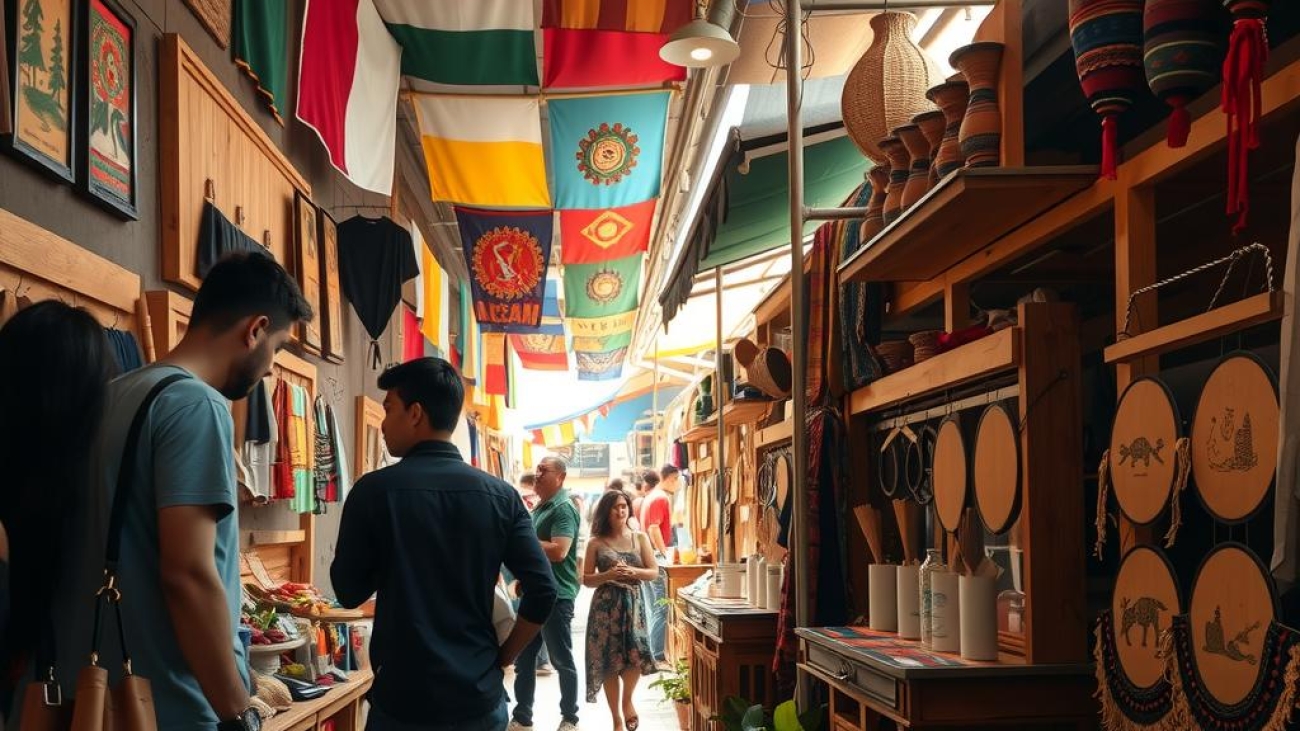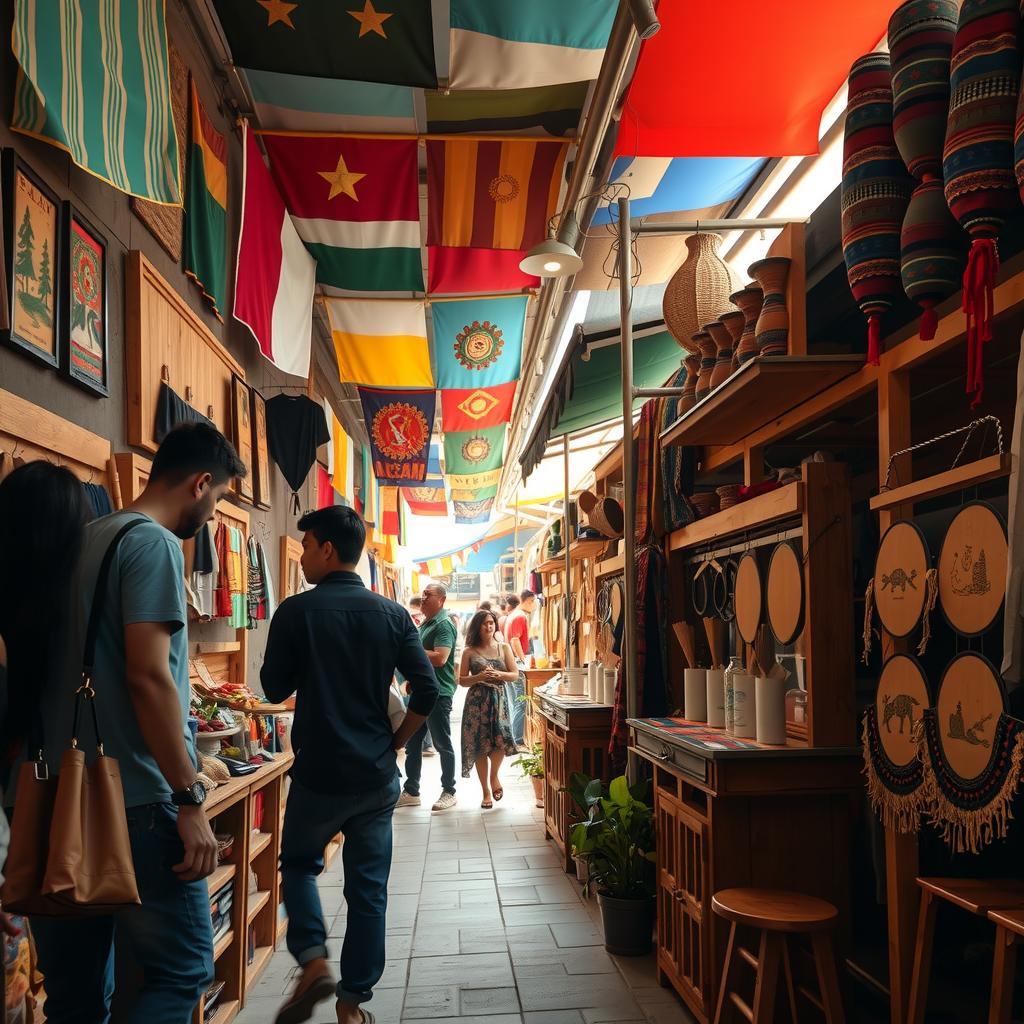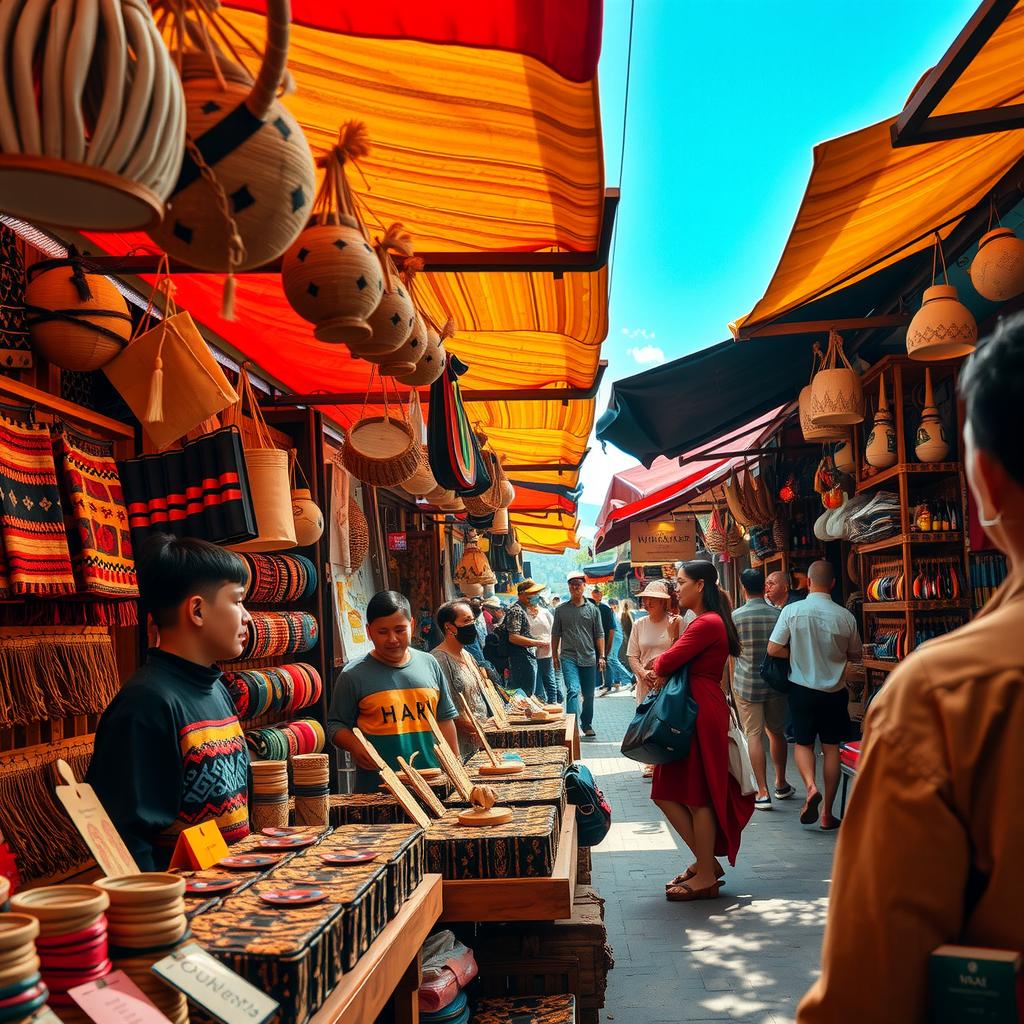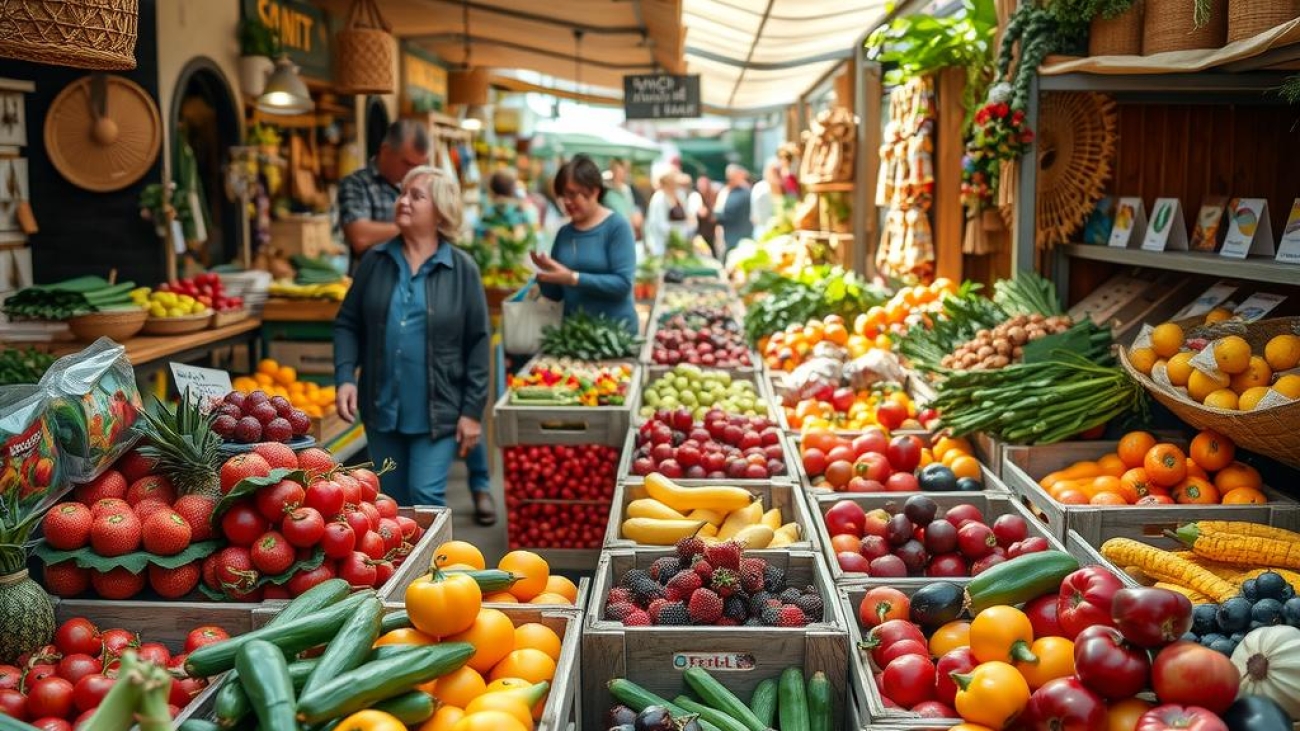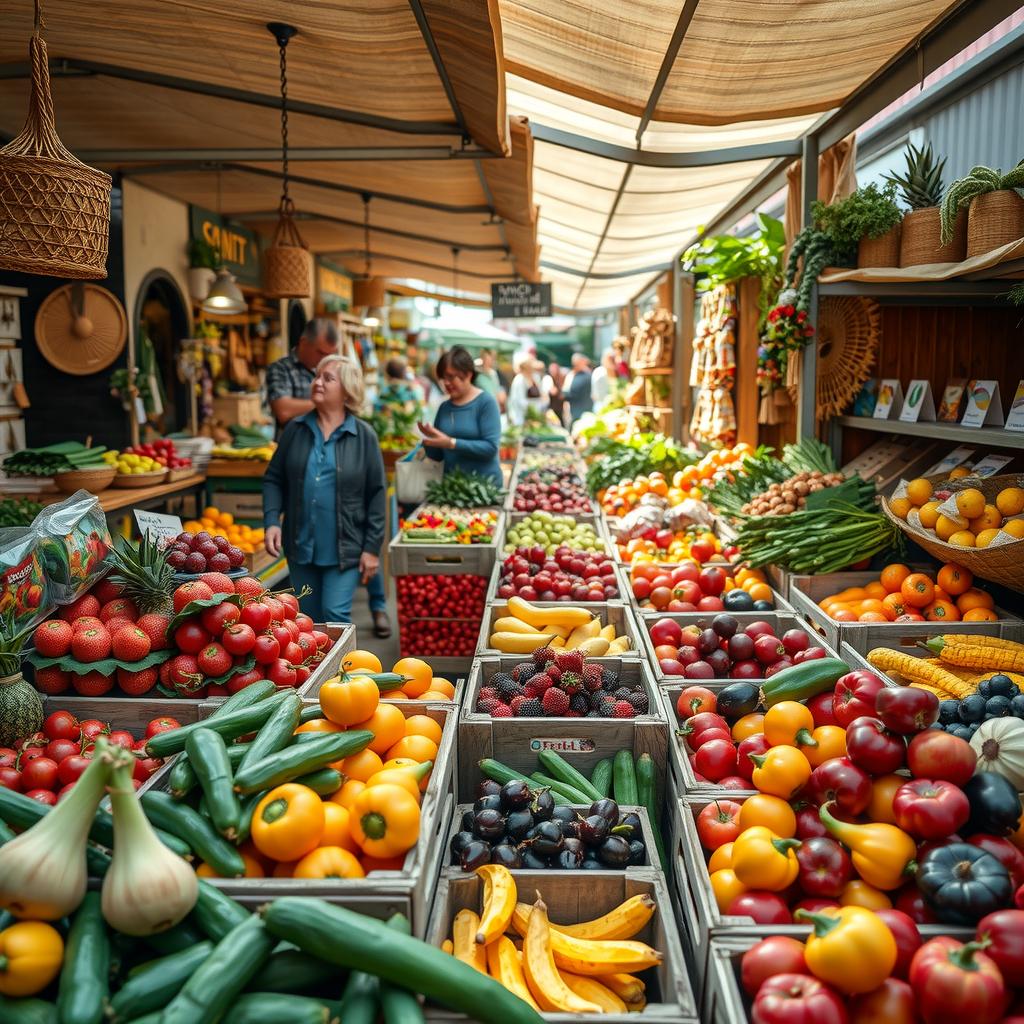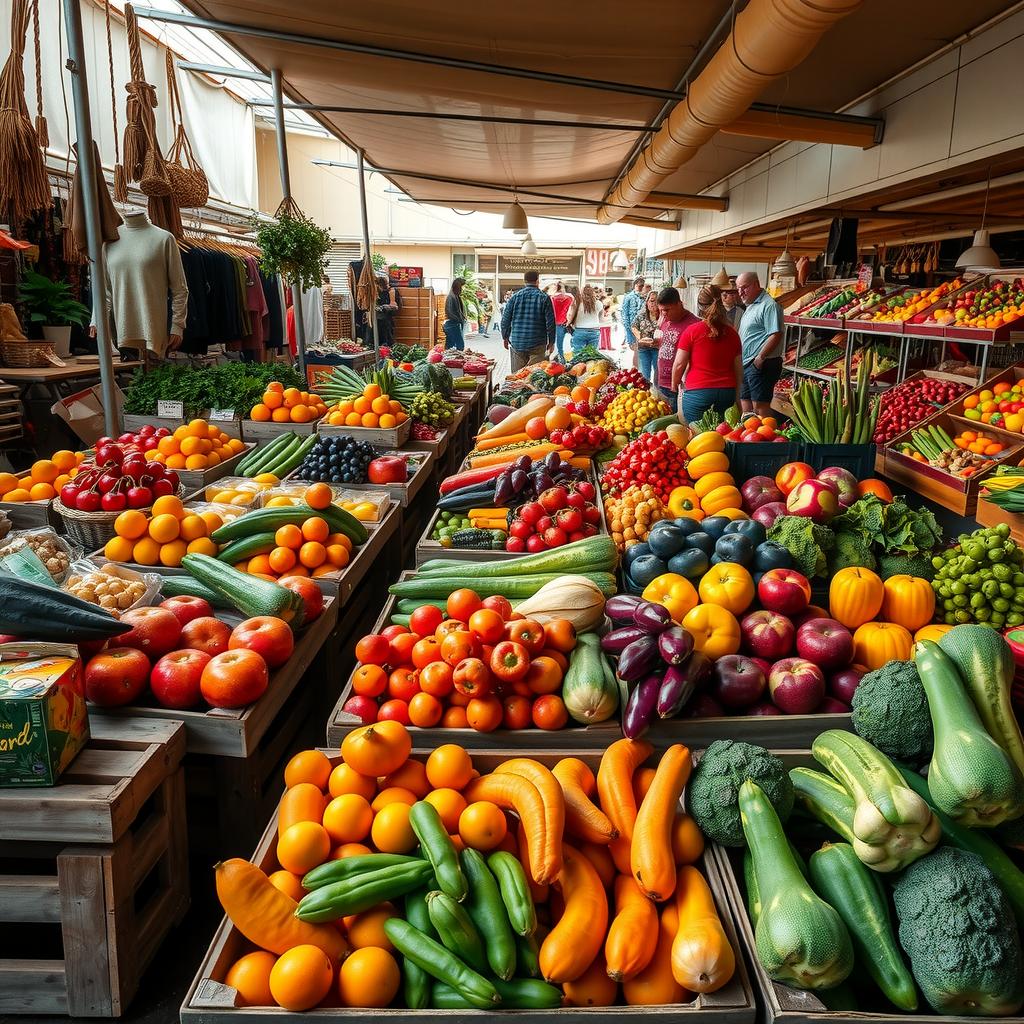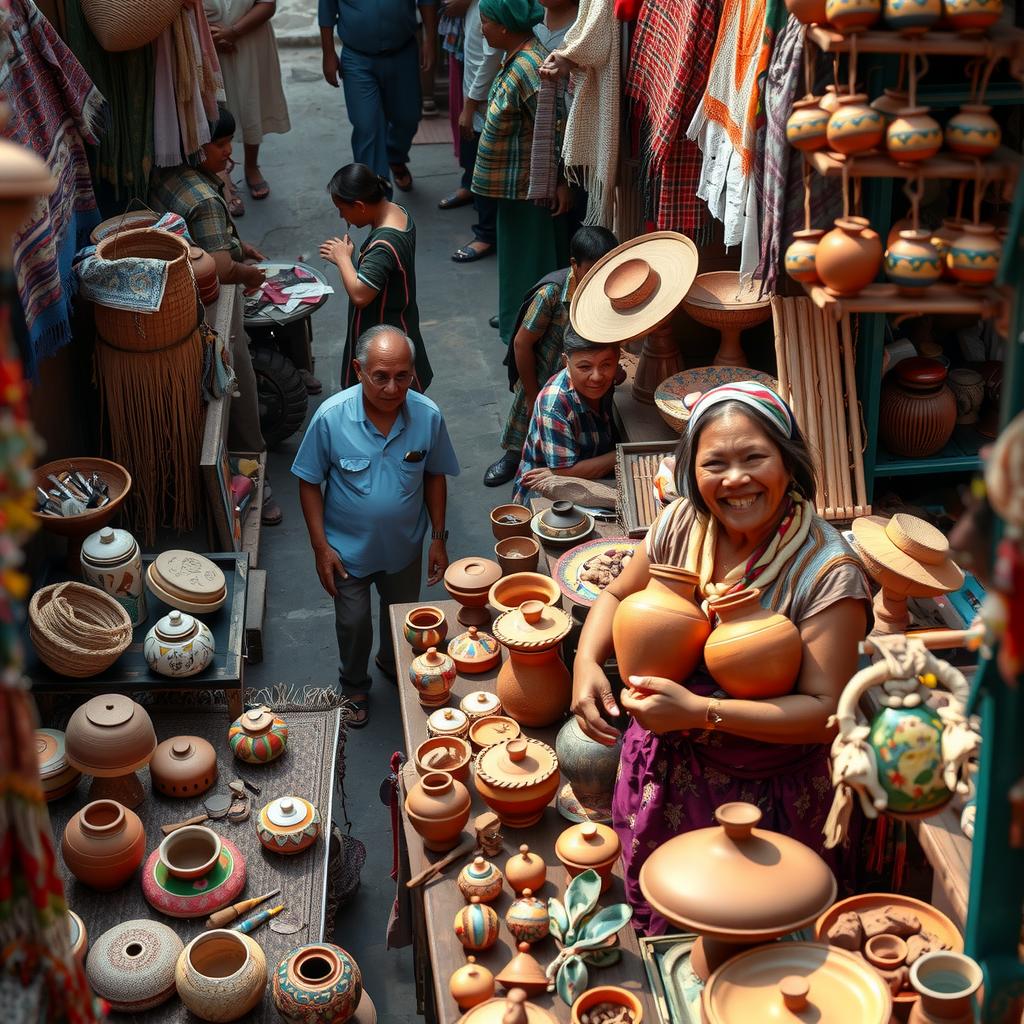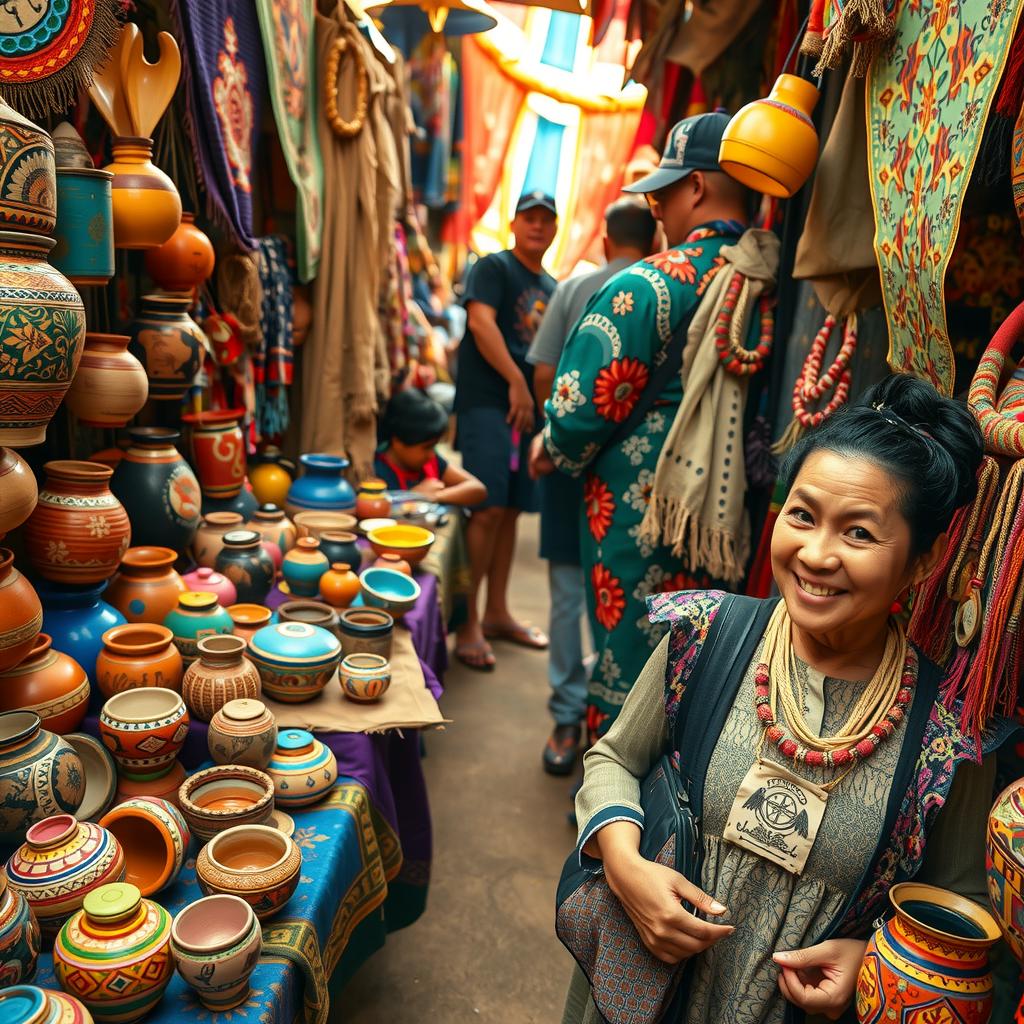In a world increasingly captivated by the beauty and diversity of indigenous art, one question looms large: how can consumers distinguish between genuine pieces that reflect authentic cultural heritage and those that merely exploit these rich traditions? This dilemma is not just an issue of aesthetics; it touches on deeper ethical concerns surrounding art validation and the preservation of indigenous culture. As appreciation for indigenous artistry grows, so does the risk of commodification—an unsettling trend where artworks are stripped of their meaning, context, and connection to their origins. This rising concern has paved the way for innovations like indigenous art authenticity certification, which aims to bridge this critical gap.
Understanding the significance of authenticity in art is paramount. The authenticity certification process provides reassurance to artists, collectors, and enthusiasts alike by ensuring that artworks are created by indigenous artists using traditional methods that honor their cultural narratives. Such certifications serve as a vital tool in protecting both artists’ rights and cultural expressions from exploitation or misrepresentation. By validating artwork through these rigorous standards, buyers can support ethical sourcing practices while fostering respect for diverse artistic traditions.
The emergence of art certification, specifically tailored for indigenous creations, signifies a proactive approach toward preserving valuable cultural legacies. It empowers communities by recognizing their contributions while simultaneously educating consumers about the importance of supporting genuine artisans rather than faceless imitations marketed under misleading pretenses. In doing so, this initiative nurtures a more informed audience eager to engage with authentic works rooted in tradition rather than superficial trends.
As we delve deeper into this topic throughout this article, readers will discover how indigenous art authenticity certification plays an essential role not only in verifying artistic integrity but also in promoting sustainability within indigenous communities worldwide. Through exploring various perspectives—from artists’ experiences to collector insights—this blog post seeks to illuminate why understanding authenticity is crucial when appreciating indigenous arts today. Ultimately, embracing these values leads us towards a more equitable future where culture thrives unabated amidst growing global interest.
By engaging with concepts such as authenticity verification, ethical sourcing practices become integral considerations for anyone wishing to honor and appreciate native artistry genuinely. Join us on this enlightening journey as we explore how establishing trust through indigenous art authenticity certification, fosters greater respect for our shared human experience woven together through vibrant tapestries of creative expression.

Key Insights:
-
Cultural Integrity and Consumer Responsibility: As awareness of cultural integrity rises, consumers are increasingly responsible for ensuring that the indigenous art they buy truly reflects its origins. The introduction of indigenous art authenticity certification plays a vital role in helping buyers navigate this complex landscape, providing assurance that their purchases support genuine cultural expression.
-
Empowerment Through Certification: The process of art certification not only verifies the legitimacy of artworks but also empowers indigenous communities. By embracing methods of authenticity verification, stakeholders can foster accountability among creators while promoting sustainable artistic economies. This initiative is crucial in connecting artisans with buyers who respect their craft and cultural heritage.
-
Combating Counterfeit Practices: With the rise in demand for authentic indigenous culture, there is an urgent need to combat counterfeit practices that threaten both artists and their traditions. The framework offered by indigenous art authenticity certification enhances transparency in transactions, raising consumer awareness about cultural heritage. This approach not only validates each piece’s narrative but also preserves diverse legacies through ethical sourcing practices within the industry.

Understanding Indigenous Art: The Importance of Cultural Integrity
Exploring the Role of Cultural Integrity in Preserving Indigenous Artistry
The significance of cultural integrity in preserving indigenous artistry cannot be overstated, especially in a world increasingly concerned with authenticity and ethical sourcing. Indigenous art reflects not only the aesthetic values of its creators but also deep-rooted traditions, spiritual beliefs, and community narratives that have been passed down through generations. In today’s globalized society, where mass production often overshadows craftsmanship, maintaining the cultural integrity of indigenous art becomes crucial for its survival. This is where indigenous art authenticity certification plays an essential role; it serves as a means to validate artistic works while ensuring they are genuine representations of their respective cultures. By implementing rigorous standards for art validation, this certification helps combat unauthorized reproductions that dilute cultural significance.
Moreover, understanding the importance of such certifications goes beyond mere validation; it is about fostering respect for indigenous culture and heritage. When consumers seek out art certification, they are not just purchasing an object; they are engaging with a story rich in history and meaning. Each piece encapsulates unique techniques that reflect specific geographical contexts and social structures within indigenous communities. Therefore, obtaining authenticity verification ensures that these artists receive fair compensation for their work while empowering them to continue their traditions amidst external pressures from commercialization.
In addition to economic advantages for artists, promoting authentic indigenous artistry contributes to broader discussions surrounding cultural heritage preservation. Authenticity certifications provide a framework within which traditional knowledge systems can thrive against modern influences threatening them—such as appropriation or misrepresentation by non-indigenous entities looking to capitalize on popular trends without due regard for original context or meaning. Thus, recognizing the value inherent in each piece encourages appreciation rather than exploitation.
Furthermore, these initiatives contribute significantly toward educational outreach regarding the intricacies tied to various forms of indigenous expression across landscapes worldwide—their symbolism often acting as conduits between past experiences and contemporary realities faced by communities today. For collectors interested in building meaningful collections reflective not merely aesthetics but historical lineage—pursuing pieces accompanied by credible indigenous art authenticity certification becomes indispensable when making informed choices about what constitutes true representation versus imitation.
Ultimately embracing both ethical sourcing practices alongside earnest endeavors aimed at validating artworks aids societies’ efforts towards reconciliation with marginalized groups historically exploited under colonial regimes—a vital step if collective healing journeys require acknowledgment coupled with actionable measures supporting sustainability initiatives honoring native voices globally! Henceforth nurturing collaborations rooted thoughtfully enables dialogue fostering deeper connections across diverse backgrounds enhancing mutual respect bridging gaps left open too long while celebrating vibrant tapestries woven throughout humanity’s shared narrative anchored firmly within our living histories expressed through powerful forms like those found within authentic expressions arising from rich heritages alive still today thanks largely imparted wisdom gained over centuries now echoing forth brightly illuminated pathways leading onward into futures yet unwritten together!
The Importance of Authenticity in Indigenous Art
Ensuring Heritage Preservation and Artist Protection
Indigenous art authenticity certification serves as a critical mechanism for safeguarding the rich cultural heritage represented in indigenous artworks while simultaneously protecting the rights of artists. This certification process not only validates the origin and cultural significance of art pieces but also promotes ethical practices within the broader art industry. As globalization continues to influence artistic expression, it has become increasingly essential to establish clear standards that can differentiate genuine indigenous creations from imitations or exploitative reproductions. By implementing an indigenous art authenticity certification, stakeholders can ensure that each artwork is recognized for its true cultural roots, thus preserving invaluable traditional knowledge and practices.
The implementation of authenticity verification processes aids in combating issues such as appropriation and exploitation prevalent in many artistic industries today. Artists who hold this certification are empowered with legal recognition that affirms their connection to their culture, allowing them to gain rightful credit for their work while ensuring that profits generated from sales benefit their communities directly. Moreover, collectors and consumers are more likely to engage meaningfully with authentic works when they possess a credible source of validation through art certification. This fosters a marketplace where ethical sourcing becomes the norm rather than an exception, driving demand towards genuinely representative indigenous artworks.
Furthermore, cultural heritage preservation is intricately linked with these authentication efforts. Each certified piece tells a story steeped in tradition and identity; therefore, validating these stories through structured means ensures they are not lost amidst commercialization or misrepresentation. The presence of an established framework around indigenous culture enables artists to maintain control over how their narratives are shared while providing audiences with insights into diverse perspectives often underrepresented or misunderstood within mainstream discourses.
In addition to promoting artist integrity and community empowerment, such certifications play a pivotal role in educating both buyers and sellers about responsible consumption patterns regarding indigenous arts. When individuals understand the importance behind obtaining authentic pieces—backed by thoroughly vetted processes—they contribute positively toward supporting sustainable creative ecosystems instead of inadvertently fueling unethical practices stemming from counterfeit markets.
Ultimately, embracing an effective system like indigenous art authenticity certification creates pathways for collaboration between various actors involved: artists receive recognition; communities thrive economically; consumers enjoy meaningful connections with cultures different from theirs; all while fostering respect for deep-rooted traditions inherent within each unique artwork’s creation journey. As appreciation grows towards ethically sourced items rooted firmly in history rather than mere aesthetics alone—a collective responsibility emerges—to uphold values aligned closely alongside creativity itself—thus enabling flourishing legacies across generations yet unseen but undeniably felt through every brushstroke crafted upon canvas or carving etched onto wood.
Empowering Communities Through Authenticity Verification
Supporting Local Artisans and Their Traditional Crafts
The significance of authenticity verification in the realm of indigenous art cannot be overstated. By implementing robust indigenous art authenticity certification processes, communities can enhance consumer awareness while simultaneously uplifting local artisans and their traditional crafts. This certification not only acts as a safeguard against counterfeit products but also serves as a vital tool for promoting ethical sourcing practices. When consumers are assured that the artwork they purchase is genuine, it fosters trust and encourages responsible consumption choices that directly benefit artisans within those communities. As highlighted by industry experts, “Authenticity verification empowers artists to share their cultural heritage with pride,” ensuring that traditional techniques and stories are preserved for future generations.
Promoting Ethical Sourcing through Certification
The Role of Art Validation in Sustainable Economies
Incorporating systematic art validation measures into the marketing strategies for indigenous crafts helps create sustainable artistic economies. These methods provide transparency about the origins of each piece, thereby encouraging consumers to invest in authentic representations of culture rather than mass-produced imitations. Each verified work not only reflects skilled craftsmanship but also embodies rich narratives tied to its cultural roots. By focusing on authenticity verification, local artisans gain recognition in broader markets where ethical considerations increasingly sway purchasing decisions. A study found that 70% of consumers prefer buying from brands committed to sustainability; thus, aligning with practices like indigenous art authenticity certification enhances marketability while nurturing community identity.
Strengthening Cultural Heritage through Authenticity
Bridging Tradition and Modern Consumer Demand
As modern society gravitates toward unique experiences over generic offerings, the demand for authentic indigenous art continues to rise dramatically. Herein lies an opportunity: authenticity verification acts as a bridge connecting ancient traditions with contemporary consumer preferences. It validates not just individual artworks but reinforces entire cultural heritages at risk of fading away due to globalization pressures. With every certified piece sold, funds channel back into these communities—supporting workshops where artisans refine their skills or pass down techniques to younger generations eager to learn about their lineage’s artistry tradition rooted deeply within their ancestral customs.
Community Empowerment through Trustworthy Practices
Building Resilience in Artistic Ecosystems
Ultimately, empowering communities via trustworthy practices such as indigenous art authenticity certification creates resilient ecosystems around traditional arts and crafts sectors globally facing challenges from both economic uncertainties and competition from cheaper alternatives abroad without respect for craftsmanship or origin story integrity involved therein.
When local artists receive recognition accompanied by fair compensation bolstered by effective validation systems linked closely together throughout supply chains—the result becomes more than mere transactions; it transforms into strengthened identities woven tightly among families sharing stories passed down across centuries alongside vibrant works capturing life’s essence forged magnificently amidst adversity faced along pathways traveled before them!
Frequently Asked Questions:
Q: What is indigenous art authenticity certification?
A: Indigenous art authenticity certification is a framework designed to validate and protect the cultural expressions of indigenous artists. This initiative ensures that artworks purchased genuinely reflect their origins, promoting ethical sourcing practices while safeguarding the rights of creators.
Q: How does this certification benefit consumers?
A: By engaging with indigenous art authenticity certification, consumers can confidently purchase artworks that are verified for legitimacy. This verification process enhances consumer awareness about cultural heritage and helps to connect buyers directly with artisans, ensuring each piece carries its unique narrative.
Q: Why is it important to support authentic indigenous culture through art validation?
A: Supporting genuine expressions of indigenous culture through processes like art validation fosters respect for diverse cultural legacies while combating counterfeit practices. The implementation of authenticity verification not only protects artists but also contributes to sustainable artistic economies within their communities, ultimately preserving rich traditions for future generations.


